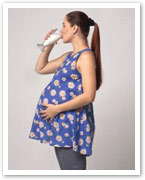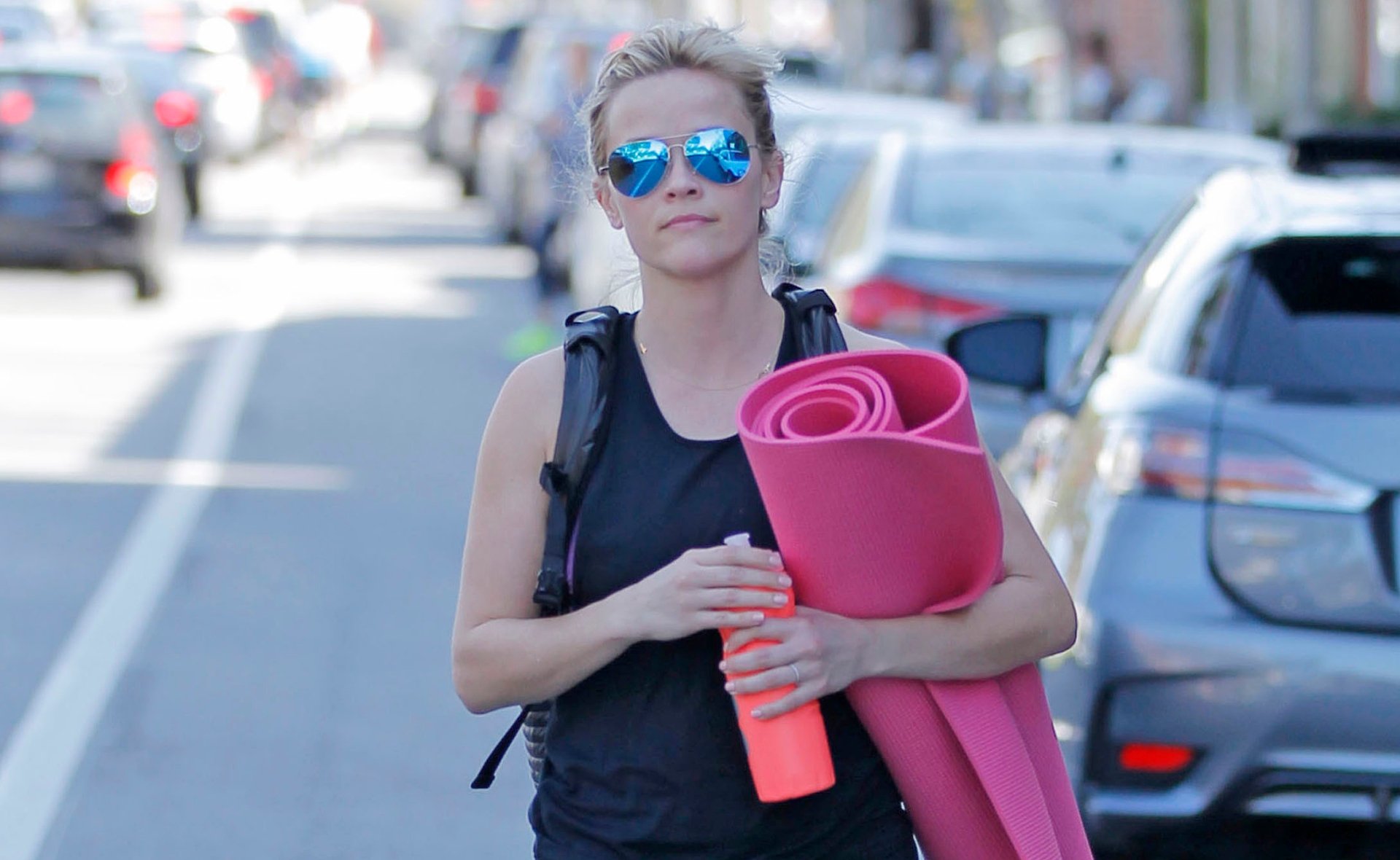Tiny Jessica Lopez lies on a blanket on the floor of her parents’ Sydney home. While she looks like one of the most fragile creatures on Earth, her appearance belies the strength that saw her survive when her mother Philippa contracted listeria while pregnant.
“Babies of mums who catch it are usually stillborn,” explains Philippa, 35. “We’re very lucky to have Jessica. The fact she was born alive was nothing short of a miracle.”
At 26 weeks pregnant, Philippa was working at a bank when she felt so sick she had to go home to bed. When she began getting contractions at 2am, her husband Javier, 36, drove her straight to Sutherland Hospital in southern Sydney.
“First they attached a monitor to make sure Jessica was still alive,” Philippa recalls. “When it showed she was okay, I was transferred to the Royal Hospital for Women at Randwick in case she had to be delivered.”
Twenty-four hours later, Jessica was born by emergency caesarean. She weighed just 1.05kg and was 40cm long.
Further tests revealed Philippa had contracted a bacterial infection, which had caused Jessica’s premature arrival.
“I’ve been racking my brain trying to think how I caught listeria,” she says. “But I could have picked it up from something as simple as a lettuce leaf not being washed properly, chicken not cooked properly or food at a restaurant that hadn’t been prepared hygienically…I guess we’ll never know.”
Jessica spent nearly three months in hospital battling complications of her premature birth, including a heart condition.
She went home at the beginning of September, weeks before she was even supposed to have been born!
“I put Jessica’s survival down to prayers and the skill of the doctors and nurses,” Philippa says, gazing adoringly at her determined daughter. “And, of course, her own strength and will to live. She’s a very tough little girl.”
What is listeria?
Listeria is a bacterial infection you can get from eating contaminated food. The infection is rare and causes few or no symptoms in healthy people, but it can be very dangerous in some cases, particularly during pregnancy.
If you get a listeria infection when you’re having a baby, there’s a high risk it will be transmitted to your unborn child. It could lead to miscarriage, stillbirth or premature birth. It could also make a newborn baby very ill.
How to reduce the risk
For your health and your baby’s during pregnancy, it’s important to select a nutritious diet from a wide variety of foods, such as vegetables, fruit, fish, dairy, bread, cereals, pasta, lean meat, eggs and nuts.
However, it’s important you eat only freshly cooked or freshly prepared food. Don’t eat anything if there’s any doubt about how hygienically it has been stored or prepared. Avoid foods that could contain listeria – mostly chilled, ready-to-eat foods such as the following:
— Soft cheese (such as camembert, ricotta)
— Takeaway cooked chicken (as used in chicken sandwiches)
— Cold meats and pâté
— Pre-prepared or stored salads
— Raw seafood (oysters and sashimi)
— Smoked seafood (salmon and oysters, but canned seafood is safe)
Source: Food Standards Australia New Zealand. For more information, visit www.foodstandards.gov.au
Picture posed by model.




